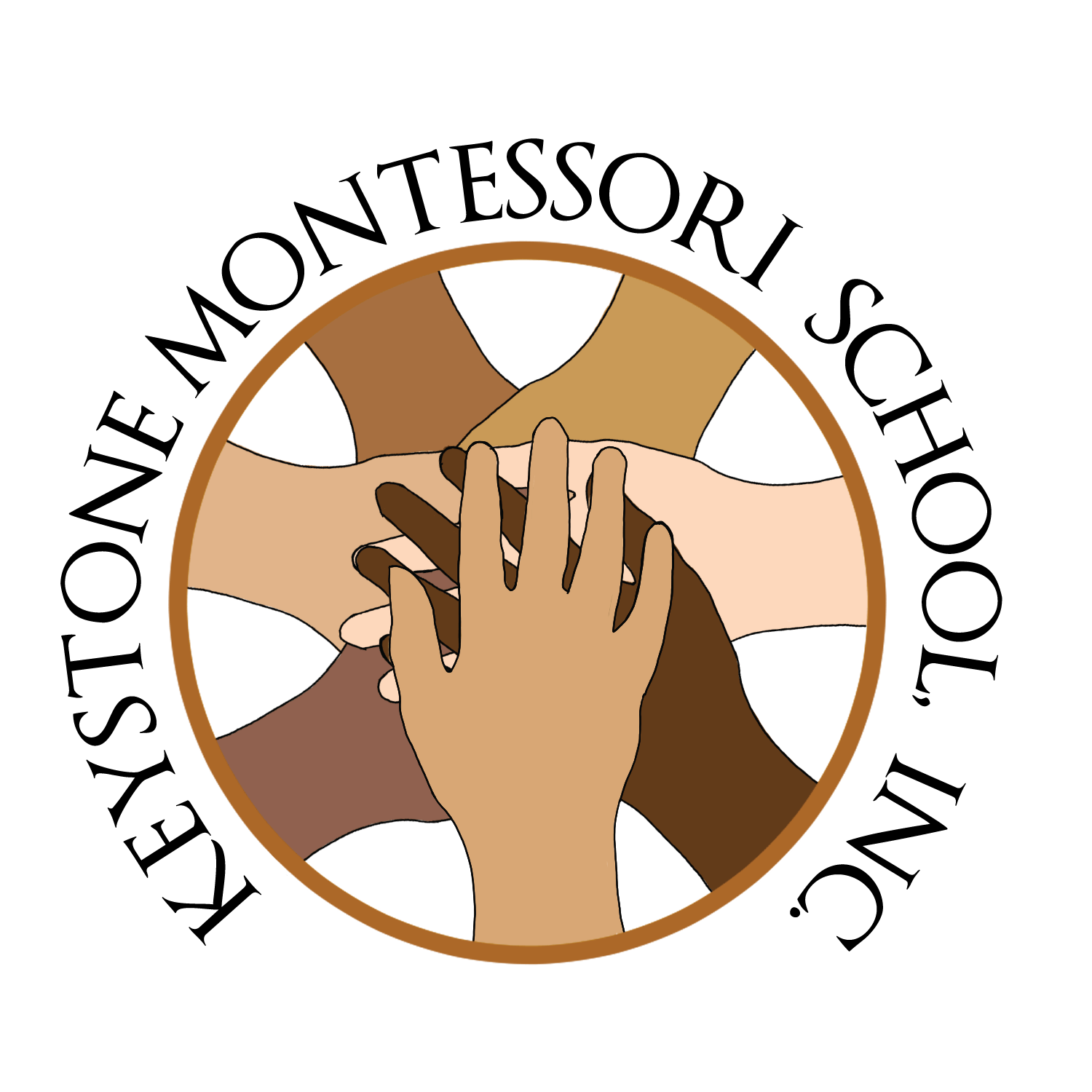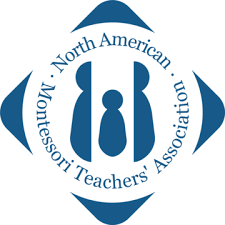
Lower Elementary
6-9 years
8:15 am - 3:15 pm
Full-time (5 days a week)
Our Elementary program at Keystone Montessori School is a six year plan of study following the curriculum created by Italian physician, Dr. Maria Montessori (1870-1952), for children in what she termed the "second plane of development." Children who enter Lower Elementary (Grades 1-3), beginning in the second plane of development, can usually be characterized by maturing abilities of reason, growing comprehension of abstract concepts, imagination and passion for hands-on exploratory research. Our program is characterized by an emphasis on self-directed inquiry on the part of the child, immersion in a 'prepared environment' by the teacher as a springboard for learning, and the use of self-correcting materials that introduce complex and abstract concepts concretely.
Language Arts
The study of language arts at Keystone is fully integrated across all other aspects of the learning environment. Children learn to read, write, listen, and speak while immersed in the context of a vastly rich cultural curriculum. In Lower Elementary, children begin with learning concepts that provide the fundamental building blocks of all future advanced learning.
Direct instruction is given in word study, grammar & syntax, the history of language, the 6 traits of writing (composition), editing and guided self-evaluation, manuscript & cursive handwriting, keyboard typing, reference & study skills, listening & speaking skills through informal and formal presentations and all components of reading & spelling skills including: decoding (phonemic awareness & phonics), fluency, vocabulary development and comprehension.
Math
Our mathematics curriculum is a multi-dimensional, exceptionally designed program that leads children from the most concrete mathematical understandings using integrated hands-on Montessori materials to the abstraction of advanced concepts. All children work at their own pace, and are given individual/small-group lessons based on their own developmental readiness.
The scope and sequence of the math curriculum is vast. Lessons and materials developed by Maria Montessori, as well as supplemental topics found in Massachusetts state standards, are taught, including: numeration, place value, computation in all 4 operations, fact memorization, advanced geometry, fractions/decimals, measurement, problem solving, time, money, graphing, and algebra.
Peace Education
Maria Montessori recognized children as the redeeming factor in the evolution of humankind. Peace education is a huge emphasis in our Elementary program as we aim to teach children to be self confident global citizens, ready to be tomorrow’s decision makers and responsible members of our planet.
Peace education includes studies about the people of the world which spiral through all other subject areas while learning about other cultures’ differing fundamental needs. Learning how to work, play and relate to others is one of the most important peacemaker skills children at Keystone learn. We focus on topics such as the integration of community service and service learning projects, development of emotional vocabulary to facilitate communication, honoring the light inside each person, conflict resolution, and community building.
Practical Life
Practical life lessons are such an integrated part of each child’s day at Keystone, interwoven throughout all aspects of the learning process. Through direct instruction and gradually gained responsibility, the children learn to care for themselves and their environment, to manage their time, navigate social relationships and solve conflicts, learning skills they will need throughout their life as independent & responsible people. Practical life lessons take many different forms; spanning academic, social and environmental elements.
Cultural Studies
In the Lower Elementary program, the child is given the cosmic vision of the origin and interdependence of life, of cooperation and partnership of each element of creation, all of which work together to create the totality of our experience & knowledge of the universe. Montessori cultural studies seek to instill a sense of mystery and wonder in the child, and to assist the child in gaining an appreciation of their role & responsibility in the cosmic community.
Specials: Spanish, Music, Art, Physical Education
Keystone Montessori is proud to offer Elementary children many opportunities to participate in activities enriching for the mind and body. The physical education program focuses on fine & gross motor development, team work & cooperation, practical lifelong skills and is FUN! Art is also integrated throughout much of the academic curriculum, in addition to weekly art & music classes. The classroom teachers work hands-on with the art teacher to help support the students in creating follow-up projects based on classroom research.
Geography
The characteristics of the people and places of the earth provide the foundation of Keystone’s geography curriculum. The children study physical geography (land & water forms, water cycle, water currents, wind), biomes, political geography (continents, countries, states & capitals, flags), map skills, and economic geography (the movement of goods and services through the economy).
History
History is literally the study of time: its components, how we track it and what has changed throughout it. History lessons provide the child with a larger understanding of our unique place in modern society and an awareness of how we got here. Areas of study include: time (timelines, calendars, clocks), creation myths, evolution, pre-history and the study of early civilizations, development of humankind, and recorded history. Students study the fundamental needs of humans throughout the ages and how the contributions of mankind have developed to modern time.
Science
Through discovery projects and experiments, the students’ natural curiosity is stimulated and children learn to drawn their own conclusions based on careful observation. In biology, students learn about the 5 kingdoms of life, the 5 classes of animals (external parts, body functions and research of animals), botany nomenclature, and biological classification. Other science studies that flow through the other cultural subject areas include geology, the big-bang theory, origins of the universe, states of matter, scientific process & conducting experiments, energy, laws of attraction & gravity as well as the sun & solar system.
Our Programs
Keystone Montessori School
Keystone Montessori School



